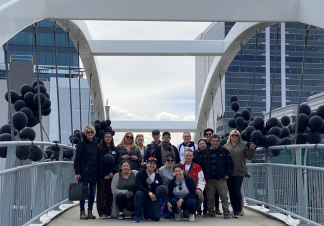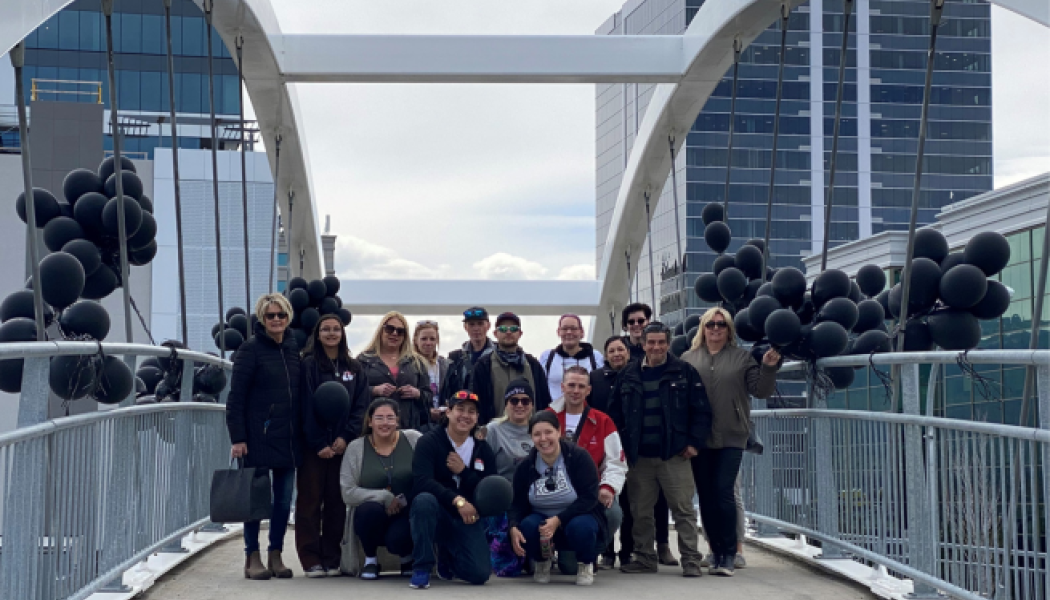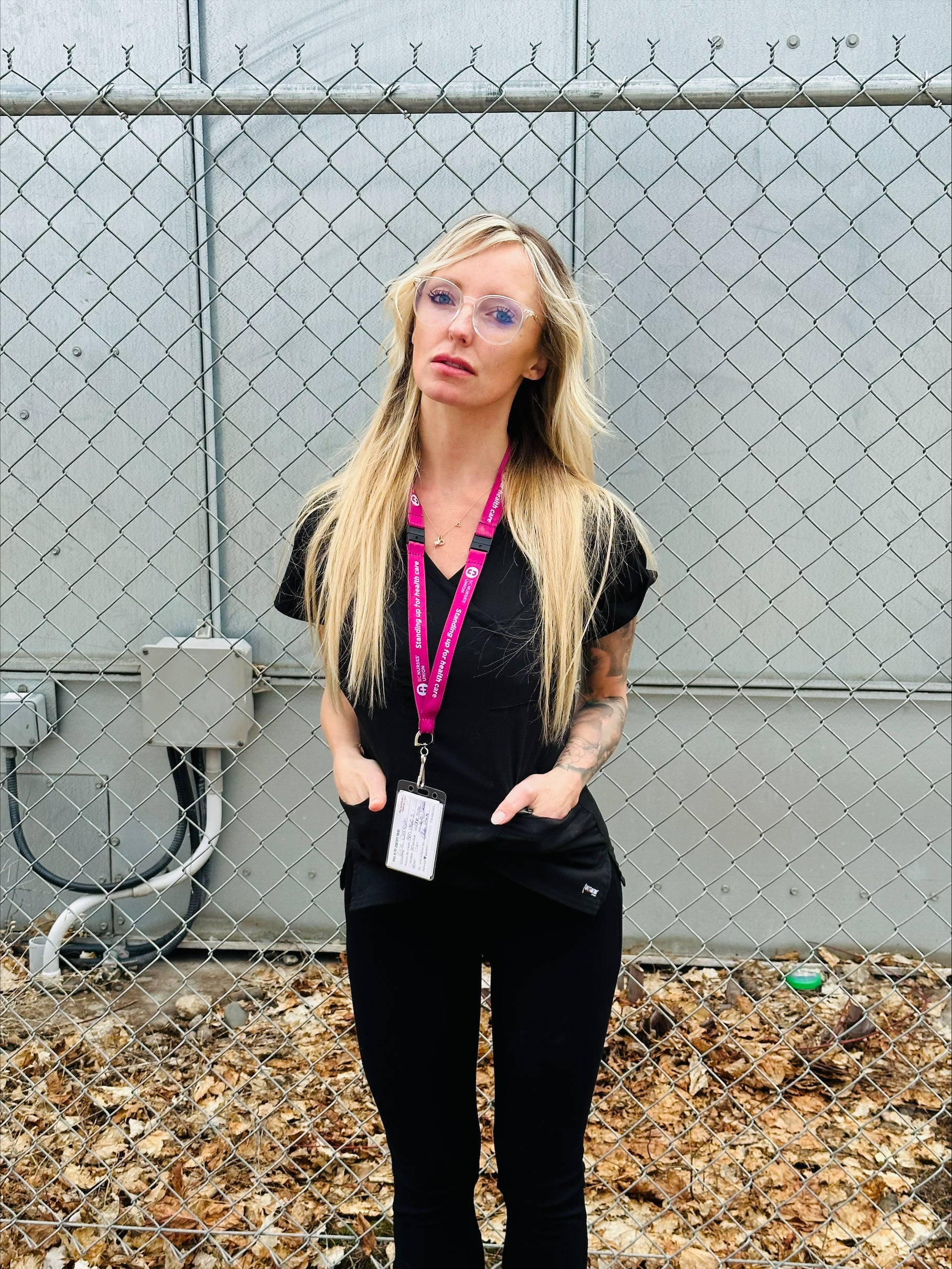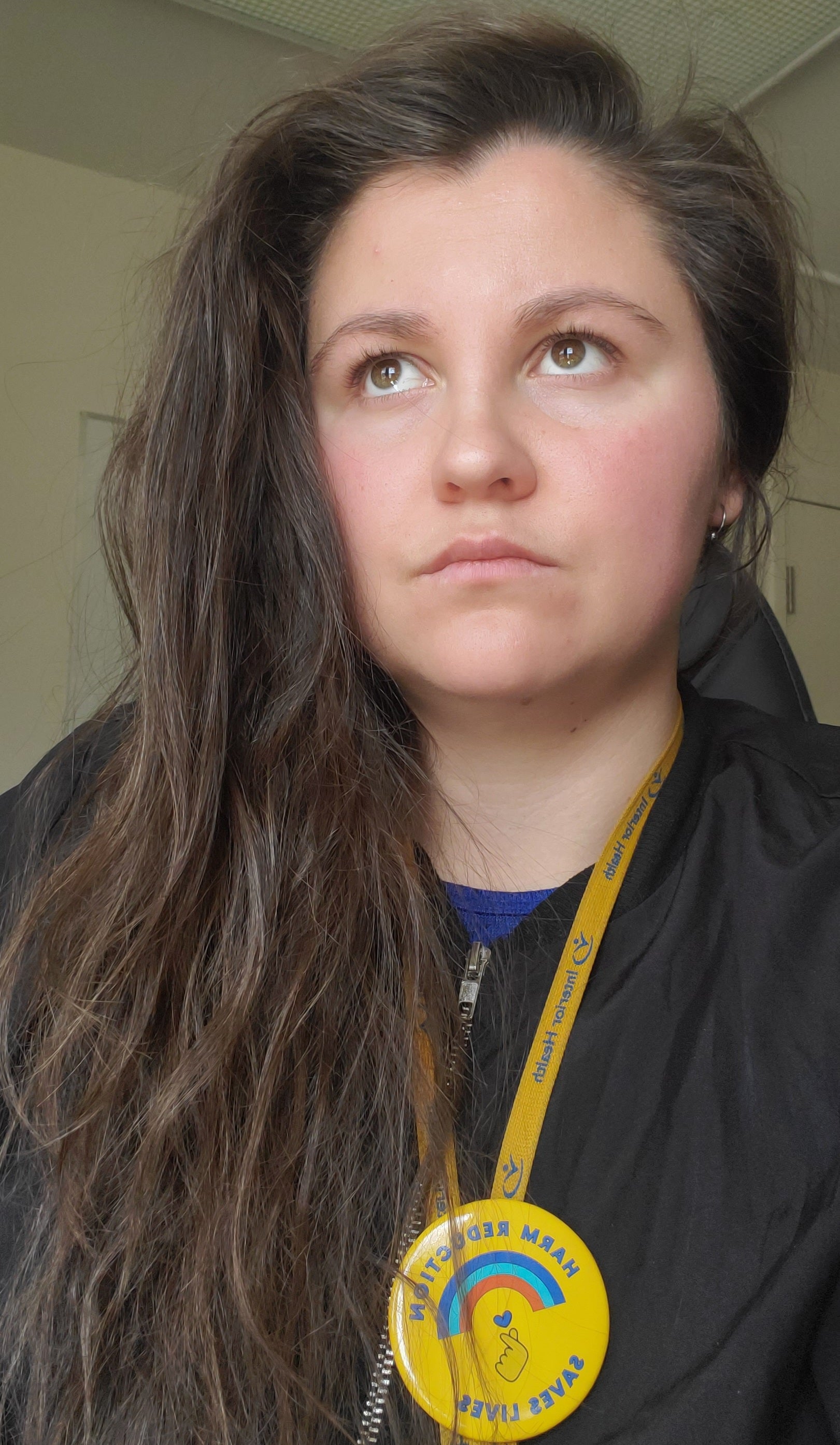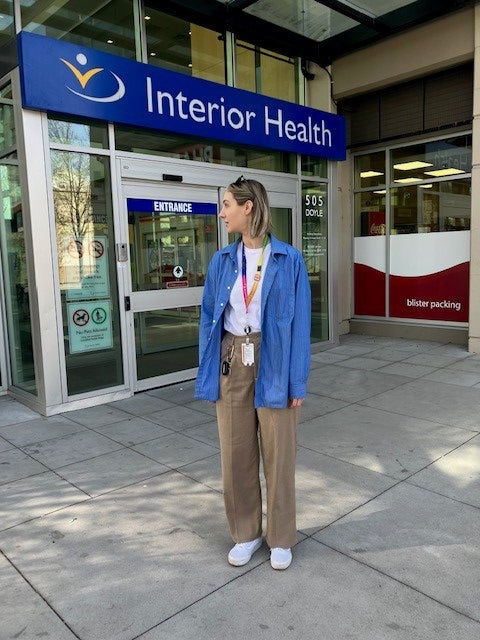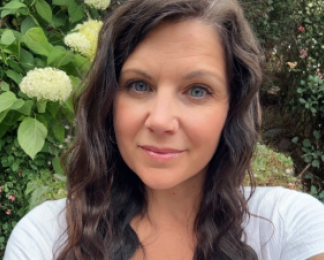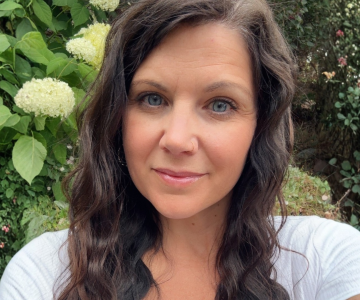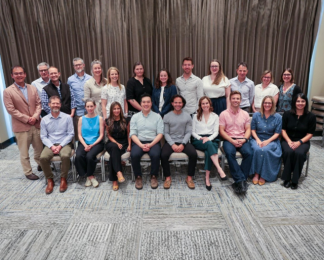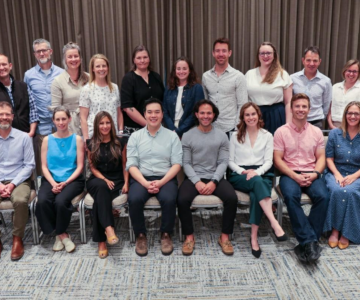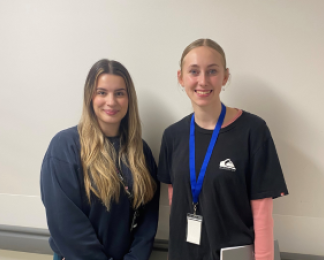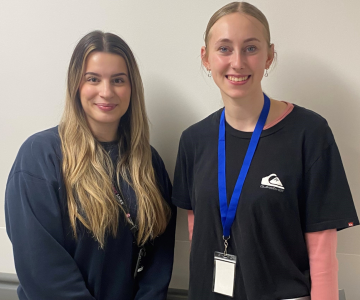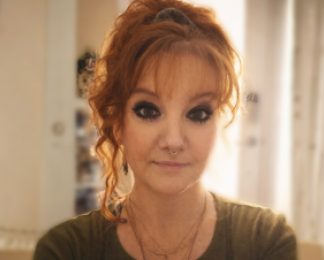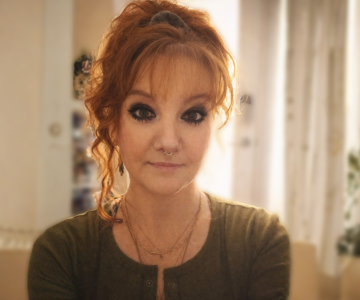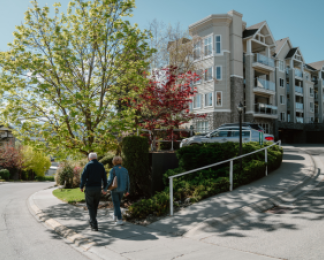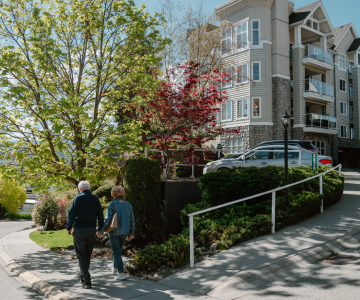On April 14, 2016, the increasing number of deaths related to toxic drugs prompted the Province to declare a public health emergency. Six years later, more than 1,877 community members have been lost to toxic drugs within Interior Health.
As this crisis moves into its seventh year it continues to take a toll on those left behind - mourning loved ones, friends, family, clients and patients.
Those on the frontline providing substance use and harm reduction services are not immune to this emotional toll.
Read their personal reflections of loss and hope as we mark this sombre anniversary.

